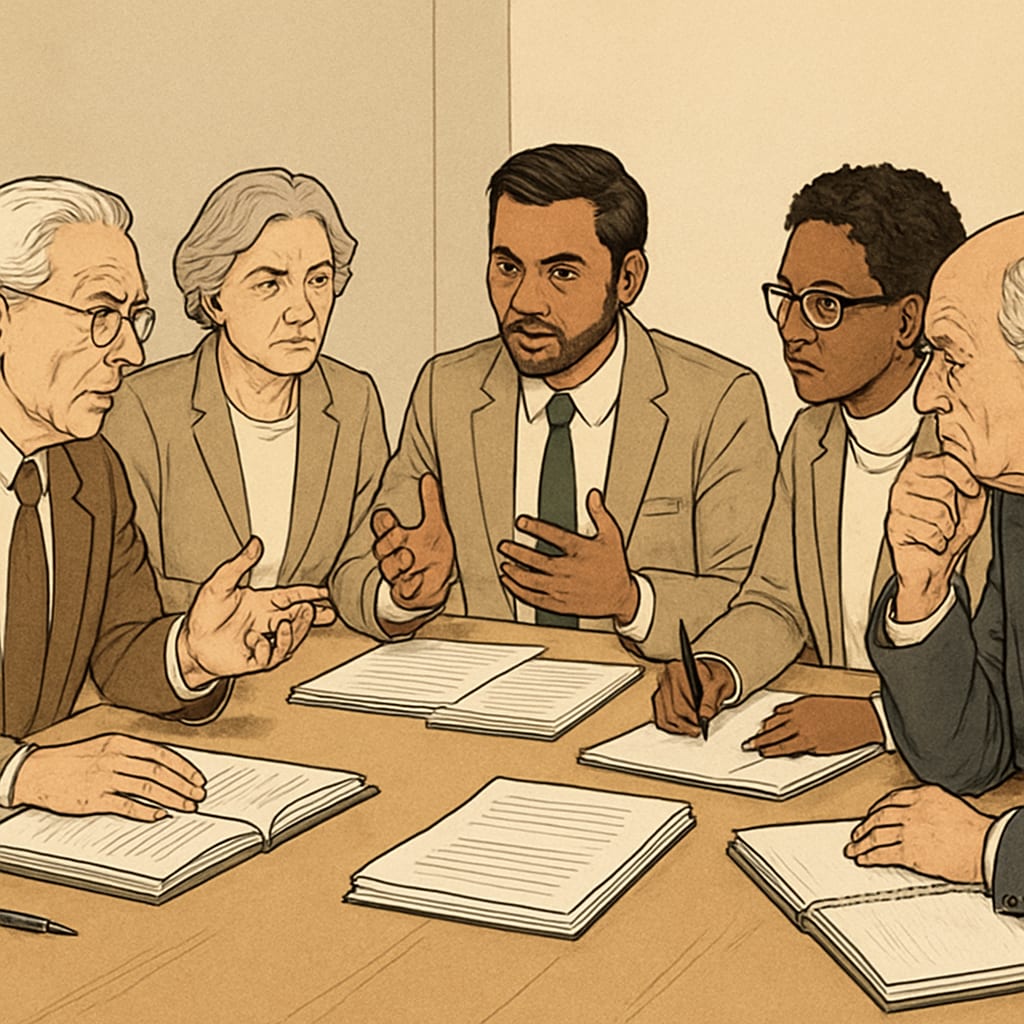Adjunct faculty, AACSB accreditation, and research publication pressure form a toxic triad in modern academia. As universities increasingly rely on non-tenured instructors, many institutions demand scholarly output beyond contractual agreements – often without compensation or career advancement opportunities. This practice exposes deep structural flaws in how higher education values teaching labor.
The Accreditation Paradox: When Standards Become Exploitation
AACSB International (Association to Advance Collegiate Schools of Business) accreditation has become the gold standard for business schools. However, its faculty qualification requirements create unintended consequences. According to AACSB’s official guidelines, schools must demonstrate “intellectual contributions” from faculty. In practice, this pushes institutions to demand research from adjunct professors whose contracts typically specify teaching-only roles.

The Broken Contract: Uncompensated Academic Labor
Most adjunct faculty contracts contain no research obligations. Yet a 2022 study by the American Association of University Professors found:
- 68% of adjuncts reported pressure to publish despite teaching-focused contracts
- Only 12% received additional compensation for research
- 83% believed publication demands affected their teaching quality
This creates an impossible dilemma: Educators must either work unpaid hours or risk losing future contracts. “We’re essentially paying universities for the privilege to work,” explains one anonymous adjunct professor.
Systemic Solutions for Equitable Academia
Reforming this exploitative system requires multidimensional changes:
- Contract transparency: Clearly define (and compensate) all expected work
- Alternative accreditation pathways: Develop teaching-focused evaluation metrics
- Faculty governance: Include adjunct representation in policy decisions

As higher education faces enrollment declines and budget crises, exploiting contingent faculty is neither sustainable nor ethical. The solution lies in valuing all educators’ contributions – whether in the classroom or through research – with fair compensation and respect.


